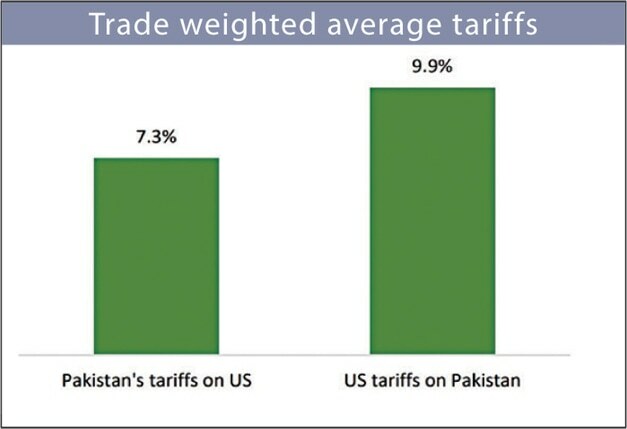KARACHI. Business relations between Pakistan and Germany are gradually improving, said German Consul General Rüdiger Lotz at an event held at the consulate on Tuesday.
In the last six months, five new companies from Germany have entered Pakistan, noted Florian Walther, the Pakistan representative at the German Emirati Joint Council for Industry and Commerce. “The level of interest I’ve seen around trade, investment, and expansion into Pakistan has increased since I joined last year,” said Mr Walther in comments hours before India’s strikes on Pakistan.
Giving a sneak preview of the AHK World Business Outlook to be released in the upcoming month, Mr Walther said the business sentiment in Pakistan was ‘cautiously upbeat’. Referring to a survey conducted about a month ago, he said firms in Pakistan feel confident about their own prospects but are reserved about their stance on the macroeconomic side. Over the next year, nearly four in 10 companies surveyed are ready to put fresh money to work, signally faith in the country’s long-term prospects.
One of the most highlighted short and long-term business challenges was trade barriers such as US President Donald Trump’s tariffs. Setting the stage for an analysis of the impact of Trump’s tariffs, CEO of the Pakistan Business Council (PBC), Ehsan Malik, said that the US had not experienced a trade surplus in about 55 years since they had given manufacturing and focused rightly on the services sector.
Terms business sentiments ‘cautiously’ upbeat
Breaking it down, Mr Malik said the US currently runs a trade deficit of around $1 trillion in goods and about $300 billion in services, reflecting its evolution into a knowledge-based economy. Citing the American textile industry as an example, he pointed out that about 25 years ago, nearly a million people were employed in the apparel sector. Today, that number has dwindled to under 100,000 — largely limited to stitching military uniforms, as US law mandates that these garments be fully manufactured within the country.
Comparing the weighted average tariffs between the two countries, Mr Malik noted that Pakistan imposes lower tariffs on US goods than the US does on Pakistani goods, indicating that the trade terms are already skewed in America’s favour. Weighted average tariffs reflect the average level of tariffs, adjusted for the trade volume in each product, giving a more accurate picture of overall trade barriers.
The weighted average tariffs are lower partly because a large portion of imports enter duty free. This includes cotton, which makes up about a third of these imports. US cotton is of better quality than that produced in Pakistan and is used to blend with local cotton to make higher-quality products. China is another big buyer of American cotton, but Beijing is reducing its demand, and prices for US cotton have dropped, benefiting Pakistani buyers.
Soybean imports from the US have also resumed after the Ministry of Food Security cleared concerns around genetically modified crops. These currently face a 5pc duty, but if reduced to zero — similar to cotton — the overall weighted average tariff would fall further, potentially to 4.3pc, which is nearly half of what the US charges Pakistan. This, Mr Malik said, strengthens Pakistan’s position in trade negotiations.
The government considered importing fuel to ease tariff tensions with the US. However, every barrel shipped from Texas would cost Pakistan around $3 more, making US oil imports commercially unviable.
Published in Dawn, May 8th, 2025


